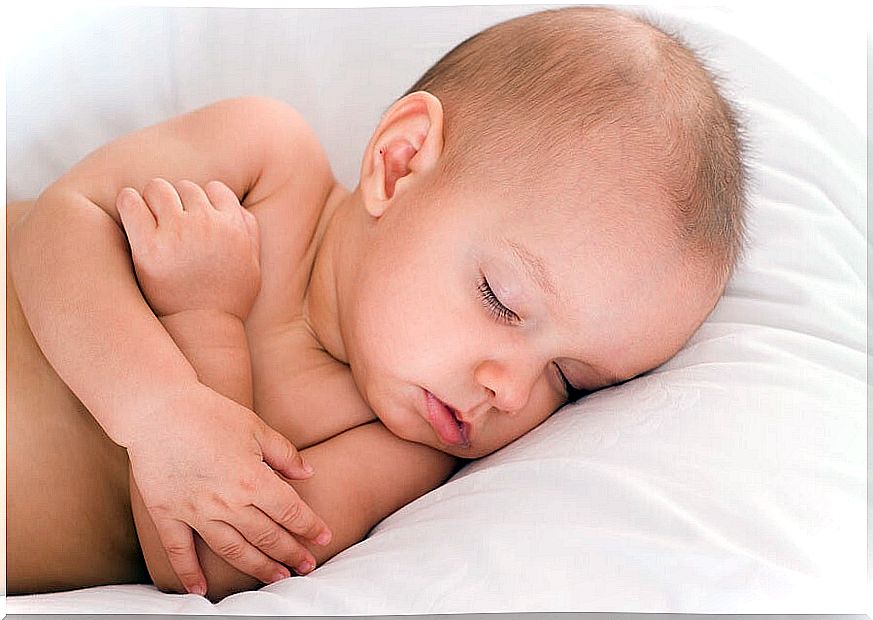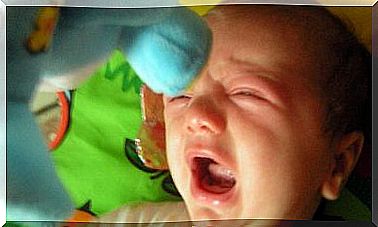The Most Common Sleep Disorders In Children
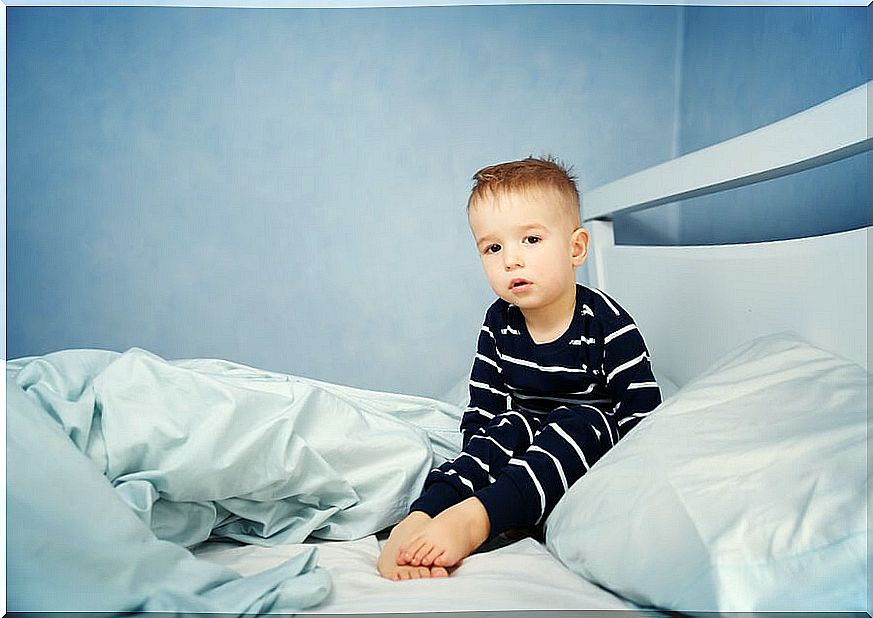
Parents are concerned about any discomfort that their children show and to provide them with good nutrition, recreation, medical assistance and care during illness. That includes give the little ones a good rest, which prevents them from having difficulty sleeping. Knowing the most common sleep disorders in children is important.
Sleep in children is very significant, because it induces healthy growth and development. For this reason, it is important to avoid disruption in this important aspect of their lives. S e must learn to detect what these problems are and what causes them .
How to know if there is a sleep problem in children?
The most common sleep disorders in children consist of problems that have to do directly or indirectly with rest. The most frequent are:
- Insomnia: It implies that the child cannot sleep.
- Narcolepsy: It makes the child sleepy during the day or remains sleepy for long periods of time.
- Strange behaviors during sleep: sleepwalking, sleep apnea, REM sleep disorders, nightmares, night terror, among others .
- Bad sleeping habits: Bad biological phases and bad behaviors acquired.
Medical causes of sleep disorders in children
Other of the most common sleep disorders in children are associated with a medical condition. Those that occur most frequently are:
- Allergies: They interrupt the normal rhythm of the child’s sleep and cause him to sleep in an interrupted way.
- Dolores: A very strong discomfort in the child will not allow him to have a complete rest.
- Enuresis: It is urinary incontinence during sleep. It is recommended to go to the doctor if at five years of age the child still does not have control over the bladder sphincter; This can be associated with a disease such as diabetes.
- Diseases: Headaches, asthma, diabetes mellitus, gastroesophageal reflux, epileptic seizures or long-term illnesses, among other possibilities, disturb the child’s sleep.
- Taking medications: Depending on their chemical components, they can alter the child’s sleep.
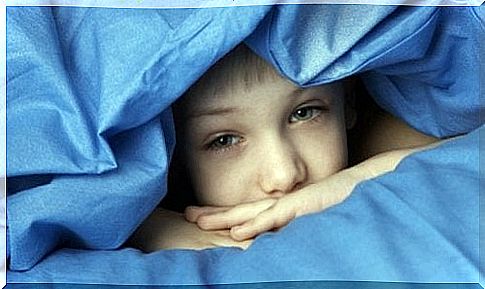
How many hours are necessary for the children’s rest?
The need for hours of sleep depends on the age of the child. Newborns need more time: about 16 hours a day. Also, they wake up every 3 hours to be fed and diaper changed.
Then, at three months, they already start to sleep through the night, but they need 15 hours of sleep. From six months to the first year, it is between 12 and 16 hours with added naps.
Later, between one year and two years of life, children need to sleep for 11 to 14 hours, also with naps. Meanwhile, from three to five years, between 10 and 13 hours, with naps as well.
Finally, from the age of 6 and until the beginning of adolescence, the necessary rest is between 8 and 12 hours.
How to prevent the most common sleep disorders in children?
Actions can be taken to help prevent the most common sleep disorders in children. These are applicable from infancy to preadolescence; some of them are:
- Not accustoming children to depending on something to be able to sleep: For example, the bottle, pacifier or breast, because this would produce a bad habit in the child and he will not be able to fall asleep without that element.
- Create a pleasant environment when sleeping: At night, parents should offer confidence so that the child is calm at bedtime.
- Get the child used to sleeping alone: When sleeping with the parents, the child can wake up; therefore, it is a custom that must be eradicated from an early age.
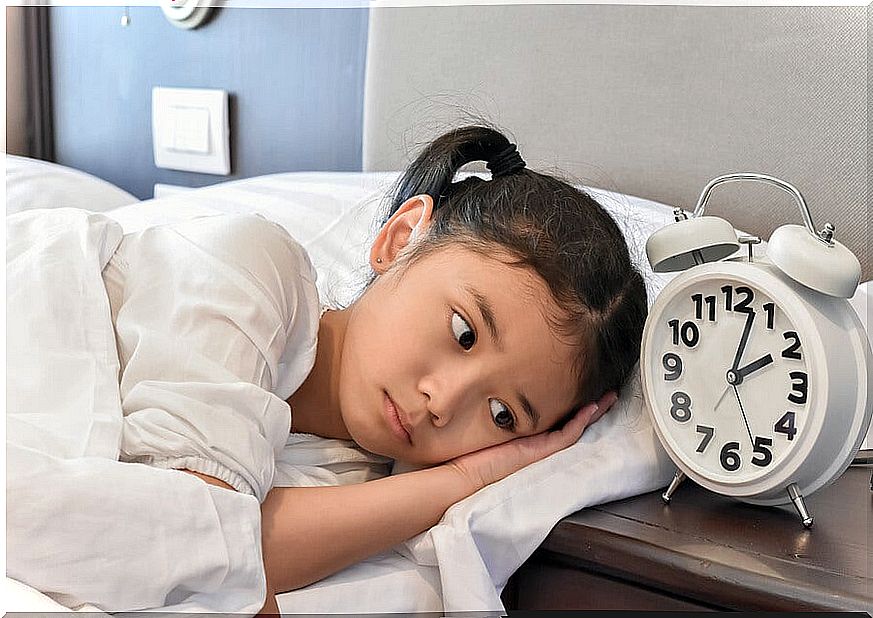
- Get your child into a daily sleep routine Examples of this are eating a light snack, brushing teeth, putting on pajamas, reading a story, and lighting a bedside lamp.
- Set a fixed time to sleep .
- Try to put the child to sleep on his own .
- Avoid engaging in hyperactive activities before sleeping: This includes playing sports, video games, or watching television.
How to act if the child has a sleep disorder?
Some recommended measures to avoid this problem are: do not let him take very long naps, give him foods that help you fall asleep and prevent you from consuming those that prevent you from doing so – such as chocolate or caffeinated sodas – provide confidence and avoid excess fluids so that you do not get up at night.
It is vital that the child sleeps the necessary hours according to their different stages of development in a quiet environment and with the best environmental conditions. This way, you will get used to acquiring good habits that help you fall asleep. Of course, it is necessary Go to the pediatrician if we believe that the cause is medical.
